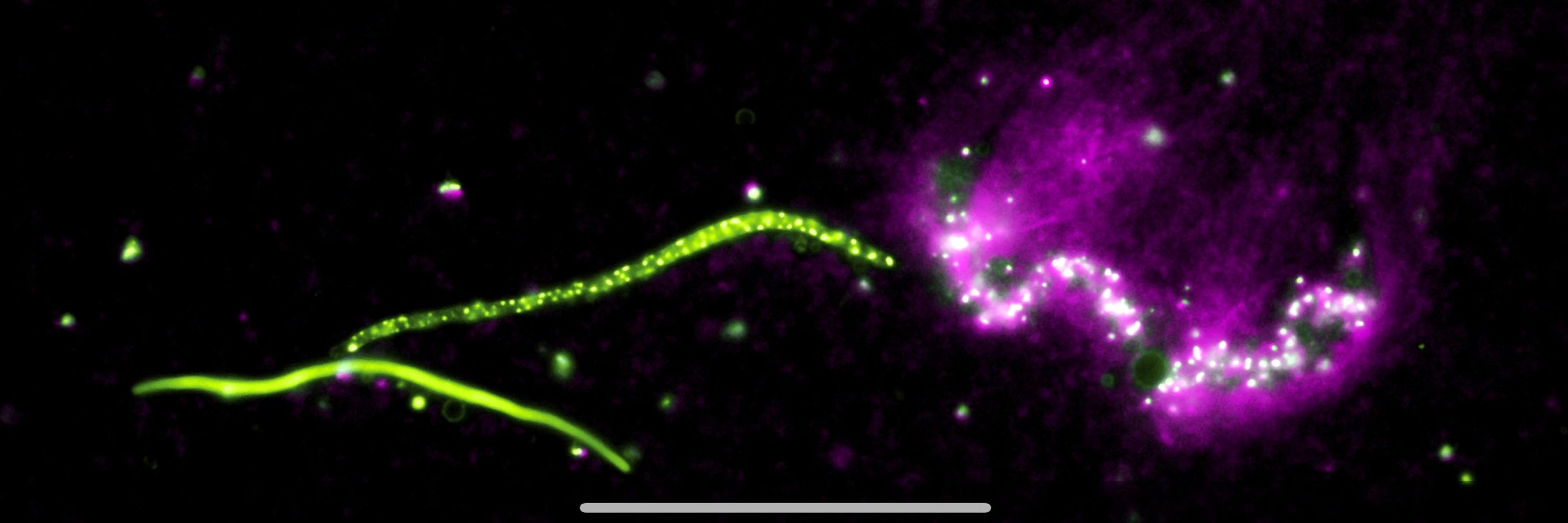
Postdoc in the Wiles lab @UCIrvine.
Interested in illuminating the invisible connections of the gut microbiome within cross-kingdom interactions.
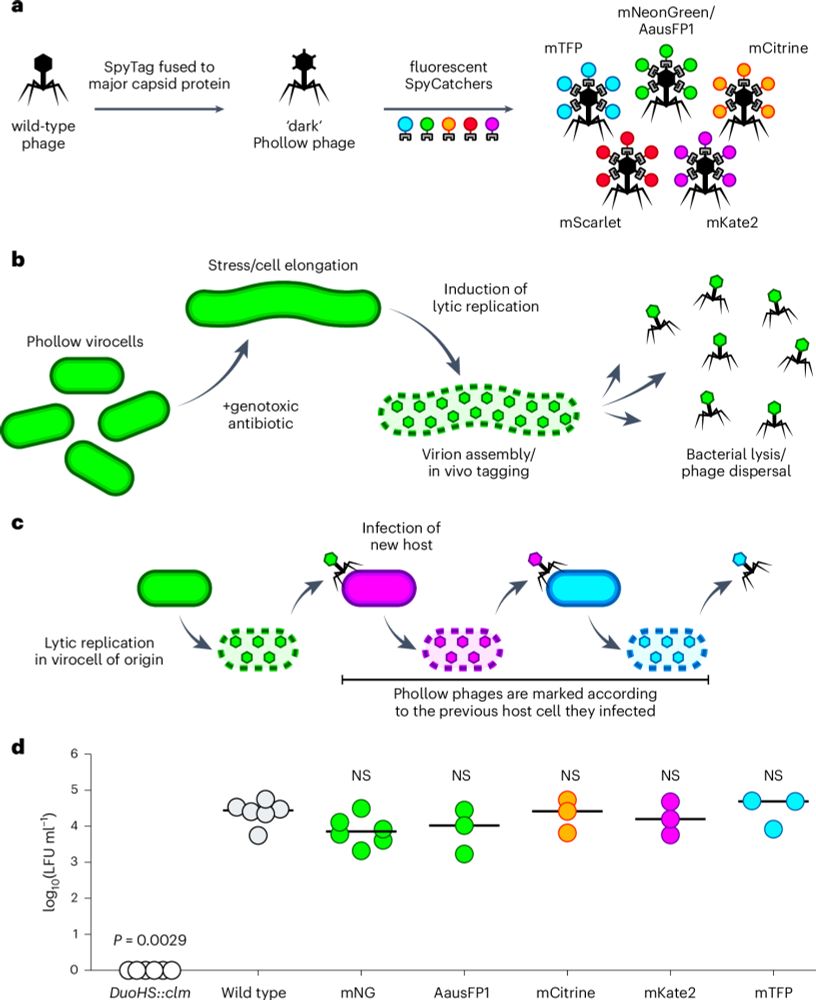
A prophage-encoded sRNA limits lytic phage infection in adherent-invasive E. coli.
Huge thanks to members of the Round Lab, @duerkoplab.bsky.social, Wiedenheft Lab, and phage legend Sherwood Casjens.
#microsky 🦠🧫🧪🧬
www.biorxiv.org/content/10.1...

#PLoSPathogen from @prsecor.bsky.social
journals.plos.org/plospathogen...

#PLoSPathogen from @prsecor.bsky.social
journals.plos.org/plospathogen...

Turns out, it is impossible as we love them all!
So, we picked 'some' that exhibit the range of microbiology highlighted through the columns of Nature Microbiology.
Here is a glimpse into #EditorPicks of 2025
#MicroSky 🦠
Turns out, it is impossible as we love them all!
So, we picked 'some' that exhibit the range of microbiology highlighted through the columns of Nature Microbiology.
Here is a glimpse into #EditorPicks of 2025
#MicroSky 🦠
By Nitzan Aframian and Avigdor Eldar.
www.nature.com/articles/s41...
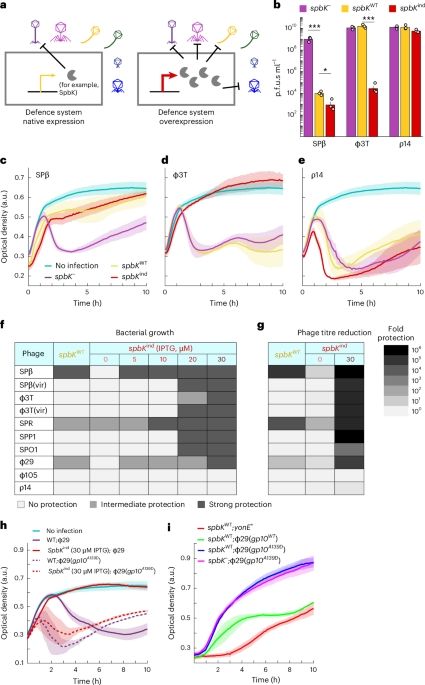
By Nitzan Aframian and Avigdor Eldar.
www.nature.com/articles/s41...
We uncover how temperate phages can use RNA-guided transcription factors to remodel the flagellar composition of their bacterial host and enhance their fitness.
Find the preprint and full story here: tinyurl.com/mshwjd77

We uncover how temperate phages can use RNA-guided transcription factors to remodel the flagellar composition of their bacterial host and enhance their fitness.
Find the preprint and full story here: tinyurl.com/mshwjd77


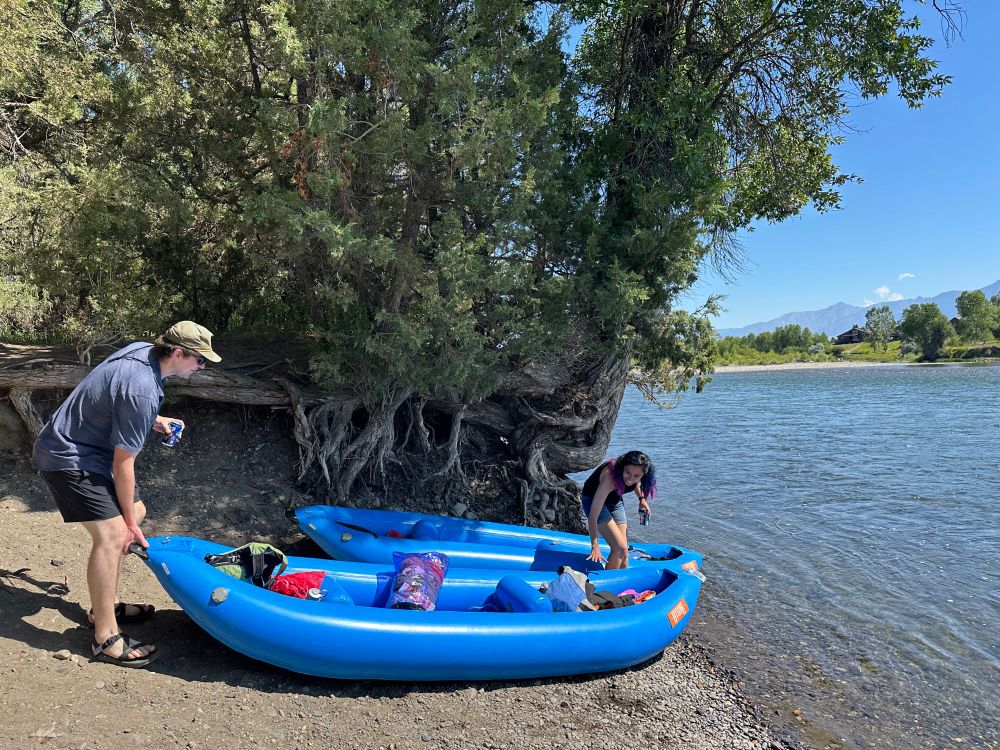
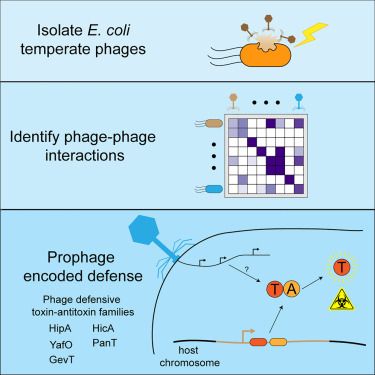
A prophage-encoded sRNA limits lytic phage infection in adherent-invasive E. coli.
Huge thanks to members of the Round Lab, @duerkoplab.bsky.social, Wiedenheft Lab, and phage legend Sherwood Casjens.
#microsky 🦠🧫🧪🧬
www.biorxiv.org/content/10.1...

Phollow Reveals In Situ Phage Transmission Dynamics in the Zebrafish Gut Microbiome at Single-Virion Resolution 🦠🐟
#MicroSky #MicrobiomeSky
www.nature.com/articles/s41...
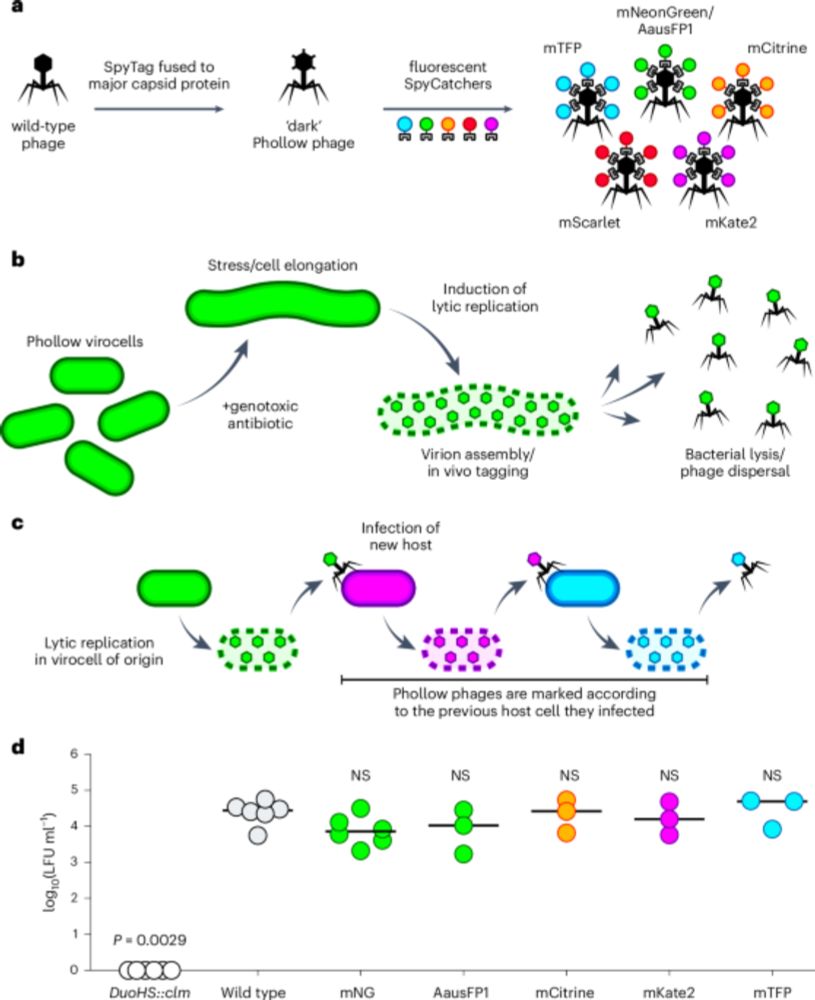
Phollow Reveals In Situ Phage Transmission Dynamics in the Zebrafish Gut Microbiome at Single-Virion Resolution 🦠🐟
#MicroSky #MicrobiomeSky
www.nature.com/articles/s41...

www.jci.org/articles/vie...
www.jci.org/articles/vie...
shorturl.at/FHY9H

shorturl.at/FHY9H
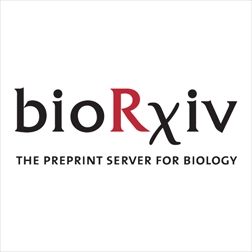
youtu.be/P9UExZIjH_M?...
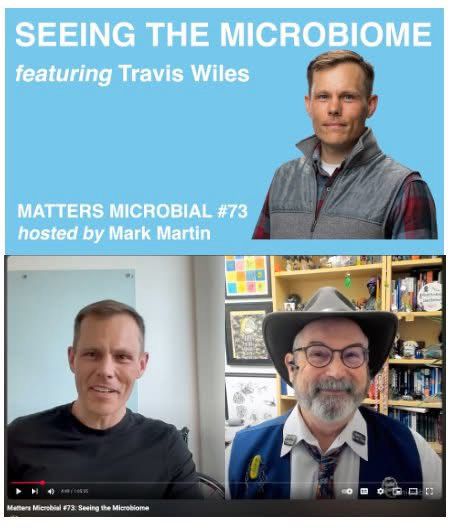
youtu.be/P9UExZIjH_M?...
www.montana.edu/mbi/reu/
Each student receives a stipend ($7000 for 10 wks). Travel compensation, room, and board are also provided.
Details in the attached pic--Feb 13 deadline
🧫🧪🦠#microsky




www.montana.edu/mbi/reu/
Each student receives a stipend ($7000 for 10 wks). Travel compensation, room, and board are also provided.
Details in the attached pic--Feb 13 deadline
🧫🧪🦠#microsky

www.science.org/doi/10.1126/...
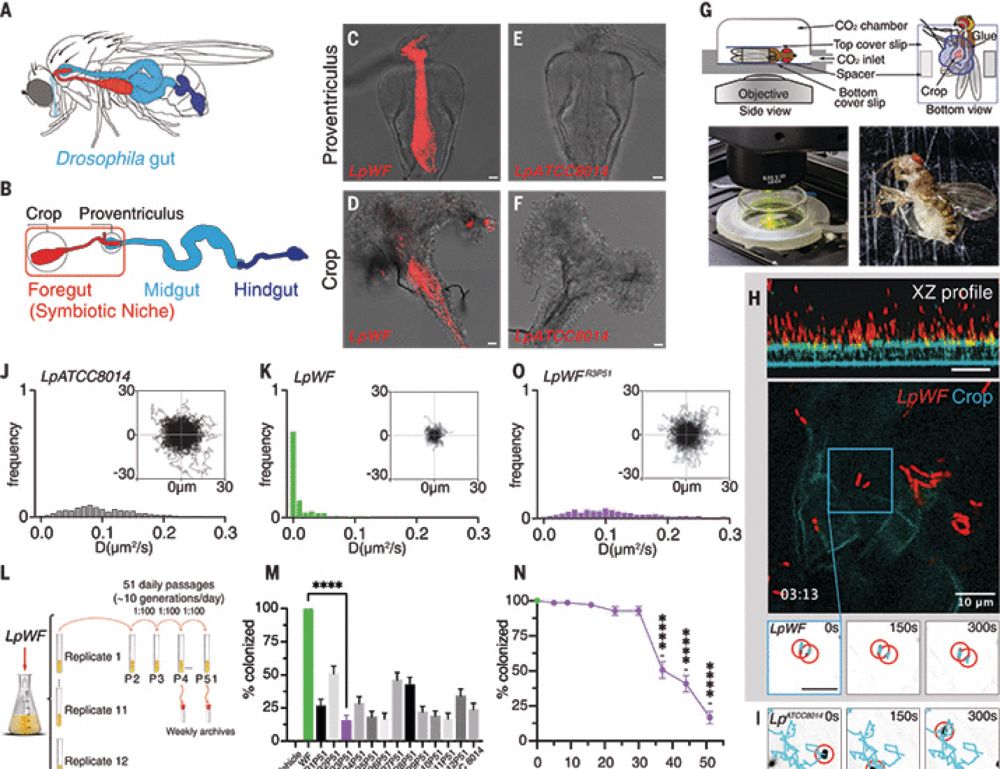
www.science.org/doi/10.1126/...

